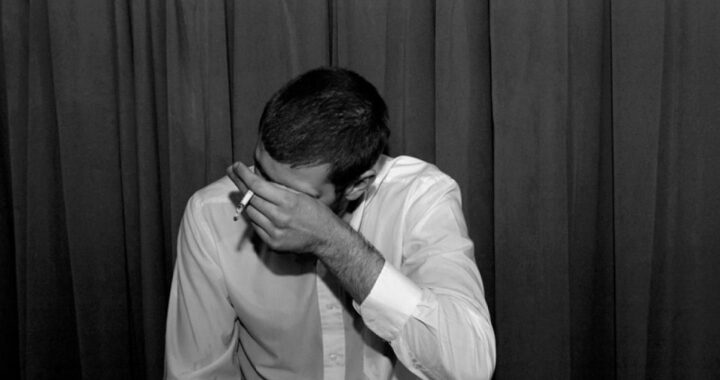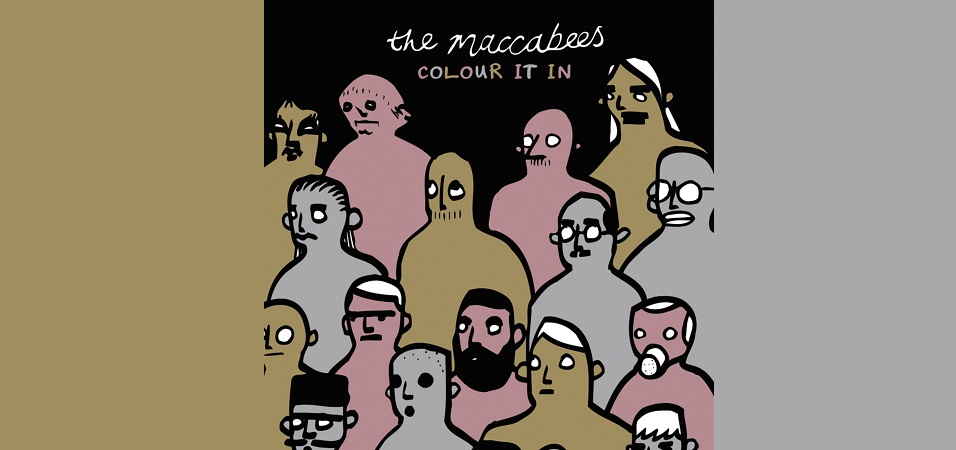Record Rewind: Madonna – Erotica
4 min read
If there were one pop album in the past 30 years that explains the hierarchy and behaviour of female pop stars today, it would be Madonna’s Erotica.
 Without this album, Madonna would simply have remained a provocative yet mainstream pop superstar who could do no wrong, no matter the controversy. The critics would not have slammed her so much that many believed that her career was finally over. Madonna would never have had her comebacks. Pop music observers would also not understand why female pop stars today tend to be naked (Miley Cyrus, Lady Gaga, Rihanna) or in drag (Beyonce in Haunted) in their videos.
Without this album, Madonna would simply have remained a provocative yet mainstream pop superstar who could do no wrong, no matter the controversy. The critics would not have slammed her so much that many believed that her career was finally over. Madonna would never have had her comebacks. Pop music observers would also not understand why female pop stars today tend to be naked (Miley Cyrus, Lady Gaga, Rihanna) or in drag (Beyonce in Haunted) in their videos.
In short, Madonna would never have become the Queen of Pop.
Erotica, whose era really began with 1990’s steamy video single Justify My Love, marks a drastic change in sound and scope for Madonna. Whilst 1989’s Like a Prayer had a cleaner Los Angeles sound, Erotica (whose co-producers include Shep Pettibone and André Betts) sounds like a long cassette demo recorded in a dirty, gritty back alley in New York City.
Any pleasant memory of Madonna’s then most recent hit This Used To Be My Playground (a beautiful, orchestral ballad off the film A League of Their Own) was swept away (pun intended) by the title track. The lead single reflects much of the album: a calculated combination of exotic house and jungle-influenced dance music with cool, subdued performances that suits an exhibition showing at an alternative art museum. As her androgynous dominatrix alter-ego Dita, Madonna commands her audience to give what she wants (‘erotic, erotic, put your hands all my body’), but never reveals when she is satisfied.
Madonna’s weary, husky and rough vocals on Erotica are nothing like the polished, radio-friendly vocals on previous albums. However, they accentuate the rawness and stark reality of the album. Her uncharacteristically gentle purr is alluring on the chilled cover of Fever, but sounds downright creepy on the aggressive hip-hop of Bye Bye Baby. Waiting (whose follow up Did You Do It? is the only real dud on Erotica) has Madonna wandering in that same hotel hallway from the Justify My Love video after a few cigarettes, pleading for her lover in rap and song.
Deeper and Deeper is an exuberant tribute to the 1970s disco of Studio 54 (and even Madonna’s iconic Vogue) infused with 1990s house music. The Spanish guitar backed with house piano in the breakdown is proof of Madonna’s production genius. The songwriting is strong, as lyrics about love’s sting, a dramatic bridge and melodic hooks make the track a bona fide, yet underrated Madonna classic.
Erotica highlights more of Madonna’s ‘bitchy’ side. Her falsely sweet vocals are disarming on Thief of Hearts, as they brutally dish out threats to backstabbers ice cold over sounds of police sirens and smashing glass. Words speaks the truth without being too preachy, over a backing track spiced up with a simmering anger and striking, Arabian-sounding synths.
Other confronting tracks include Where Life Begins (whose priceless lyrics promote safe sex and the woman’s right to be eaten out), Bad Girl (about a lonely woman succumbing to cigarettes, booze and meaningless flings) and In This Life (a funereal ode to Madonna’s friends who passed away from AIDS and a passionate plea against prejudice and ignorance).
Fortunately, there are warmer rays of light (another pun intended) elsewhere. Rain is an essential Madonna ballad. The track is in some ways the most shocking track on Erotica, as it is a tender love song and a calming reprieve from the earlier joyless tracks. There is no belting, bitching or cursing; just timeless production, glorious harmonies and a vulnerable yet hopeful vocal performance. The reggae-influenced Why It’s So Hard is a call for camaraderie, challenging the system and spreading love and tolerance: messages that represent what Madonna is all about.
Erotica ends with Secret Garden, whose musings and ponderings sound like the diary entries of one’s deepest fantasies. The shuffling drums, rolling bass and jazzy piano would make the instrumental a suitable substitute for the opening theme music to ‘Mad Men’. It is a restrained closer, as if to tie up the album with a lovely little bow.
This recount manages to avoid discussion of Madonna’s maligned role in Body of Evidence, as well as a little coffee table book called Sex. Erotica may have underperformed critically and commercially because of those two events. However, listeners should appreciate the musical merits of the album (which are many) and not the circumstances surrounding its release. Sex is just one of the topics covered by this potent collection of songs. Like Madonna’s other albums, Erotica is not intended to provoke just for the sake of it.


